Living in Nanjing, China for 8 years: a ‘capital’ with its high standard of life
☕ Support this blog’s honest and transparent journalism. Help us add value to what we are sharing. Keep P.S. I’m On My Way free for all by donating to our coffee fund.
Living in Nanjing is an amazing choice to make. It is not as noisy and crowded as Shanghai, but at the same time, it is a capital with a high standard of life, lots of ex-pats and tourists.
Nanjing is a city in Jiangsu province situated 300 km away from the metropolitan city, Shanghai. This means it will take you only an hour to half an hour by fast train to reach your destination.
Train speed reaches up to 500 km per hour, so locals started to relocating with children to the nearest smaller cities, such as Suzhou or Wuxi where the cost of living is significantly lower and go to work to Shanghai by train where you can get twice bigger salaries.
Nanjing belongs to the second-tier city because it is the capital of the province. There are four tiers in China. China’s first-tier cities usually refer Beijing, Shanghai, Guangzhou, and Shenzhen which make “The Big 4.”
These are great destinations for those who are visiting China for the first time. It will give you a view of what life in China is like then you can choose which you prefer the most.
Second-tier cities include Tianjin, Chongqing, Chengdu, Wuhan, Xiamen, and Nanjing refer to province capitals. This suggests a high level of income and quality of life in general. Second-tier cities are quieter than first-tier cities and sometimes give better opportunities.
As an expat you surely would like to consider first- or second-tier cities to move abroad. Some third-tier cities are suitable too, such as Chongqing or Hangzhou.
An important fact that very few people know is that Nanjing used to be the capital of China several times. It also was the largest city all over the country back in the day.
The last time capital was returned to Nanjing China was in 1927, and unintentionally this title was taken away for a few reasons: the horrible Nanjing Massacre event that took place in 1937 and the prince’s Zhu Di convenience of ruling and defending the Mongolians from his base in Beijing. So, Beijing it is.
🇨🇳 Living in Nanjing China as an expat
My life in Nanjing China started when I graduated from the University of Latvia receiving a degree of BS in Sinology. What is sinology?
Well, I was asking myself the same question for two years studying subjects that seemed to be of zero interest to me, until I got invited to the camp of the famous “Chinese Bridge” competition in Changsha, China.
Meeting all those expats, students, and foreigners from over 65 countries who were able to speak fluent Chinese after one year of study has changed my life forever. I improved my scores in every subject from the passing one to the highest possible, received my scholarship, packed my bag, and left my hometown.
The first thing I realized when I landed at Shanghai airport was: “I don’t speak Chinese”, and this is after three years of studying this language at the university.
The accent and fluency of speech were so different from what we had been taught that I couldn’t even grasp simple things, such as “How are you?”, “Where are you from?”, or “Where are you going?”, etc.
The second thing I realized when I finally managed to arrive at my dormitory room in Nanjing was the urge to purchase the flight back home the next day. Indeed, I didn’t think about how to move abroad properly.
This much I hated my experience with dirty streets, people spitting on the road, constant noise, cars, and bikes beeping, steamy hot 40 degrees weather conditions, hole in the ceiling above my dormitory bed, giant cockroaches on the walls, absolutely no internet connection, and me being completely alone with no support.
I have lived in Nanjing China for almost eight years since that day. Nanjing became to me a lot more than a city. It is my second home – a place where I raised myself starting from being a student and ending up building my own trading company as a female in China.
The first character of Nanjing is a part of my Chinese name, and I would argue with anyone who tells me that he knows this city better than I do.
💲 Nanjing cost of living
As a second-tier city, Nanjing is a very cost-effective city and much easier to live in compared to Shanghai, Beijing, or Guangzhou. The average salary of an expat ranges from $1,000 to $2,000. It all depends on how much work you have, what job you do, and where you work.
The understanding of the standard of life for a local and a foreigner sometimes is different. This is why it may be a bit of a challenge to find a nice apartment for rent. Everything comes through the word of mouth.
The best way is to rent something for a short period of time and search for advice from various expats. There are some of the places and communities that have multiple foreigners renting apartments, such as Wanke.
The rental cost varies a lot. The average rent starts from $500 to $1500. Some foreigners buy motorbikes and rent an apartment outside the city which costs around $200 and saves a lot of money.
The rest is extremely cheap in Nanjing. One thing I love the most about China is its applications which are designed only for people who live in China. Apart from major Baidu services (equivalent to Google) and Taobao (equivalent to Amazon), there are apps that you will use daily:
- Wechat (see information above);
- Didi Dache (嘀嘀打车)- equivalent to Uber. One ride costs $1.50 (¥11), which is enough to get to the city center. In Nanjing, you will always be using a taxi as it is very cheap.
- Food delivery apps. There are a few apps that you use to order food. For just $2.80 (¥20), you can order massive lunch with rice, meat, and veggies. And this is to include free delivery that can’t arrive at your door later than half an hour after the order has been confirmed. No wonder, locals prefer not to cook anymore.
🤝 Connecting with fellow expats in Nanjing
Living in Nanjing is an amazing choice to make. It is not as noisy and crowded as Shanghai, but at the same time, it is a capital with its high standard of life, lots of ex-pats and tourists.
Expat groups in Nanjing
Nanjing city is relevantly small, so it is quite easy to find your expat community. There are only a few areas that always packed with foreigners, such as
- Nanjing University area – all the cafes, streets, and restaurants are filled with ex-pats 24/7.
- Deji Plaza area – tables to two famous places, Element Fresh and Blue Frog, now shall be reserved as there is a huge concentration of foreigners.
- 1912 area – filled with pubs and clubs. You will find tons of foreigners there.
Living in Nanjing tips
It is worth mentioning that China is one of the safest countries in the world. Local Nanjing-ers are very friendly and open and eager to learn about foreign cultures and languages. Living in Nanjing I constantly used to forget my cell phone in the café, and guess what?
Every time I returned, it was there waiting for me. In eight years, I have never been robbed, scammed, or mugged. It is also absolutely safe to drive, walk, or party in Nanjing at night.
Language in China
Speaking of language, as mentioned above, it is a disaster up to date. When I first came to Nanjing ten years ago, people were treating me like Angelina Jolie taking photos, touching my skin, and asking me to talk to their kids because it was a sign of prosperity.
Nobody even thought to speak English back in the days. Now, every child in the family attends special English training centers and tries to go abroad for practice.
As a tourist you will barely have a problem finding your way in tourist places in cities like Shanghai, however, in Nanjing, you still need some help or at least take an online translator with you.
China firewall, VPN services, and Chinese apps
Speaking of an online translator, this is extremely important to know that China has one of the strongest firewall systems in the world. Numerous foreign websites and platforms are prohibited to be used, including Google (everything that relates to Google), Facebook, Instagram, Pinterest, etc. The majority of foreign websites would run slow too.
For some foreigners, this is a huge issue as it almost taking their part of life. In my case, when I came to China, I didn’t use these platforms too much but also shamefully I didn’t know what Pinterest or Airbnb was until I actually left Nanjing.
Frankly speaking, if you live in China, you will use local platforms in your daily life. Without them, you will have a hard time living in the country. The major platform is Wechat(微信), it works as your personal ID right now.
Using Wechat you can buy and pay for everything, you can take train rides, book flights and much more. Besides, China has its own Google that is called Baidu (百度), so using Baidu maps to navigate yourself around is a wise choice. Google maps may be confusing at times.
What to do if you need those foreign platforms? Well, certainly I needed my Gmail at least. Most foreigners get VPN service, which is not legally permitted, but the reality speaks for itself. The best VPN service is Astrill.
Trust me, I tested them all, there is no better version. The twist is to install the app before you come to the country, otherwise, VPN sites are also prohibited to use.
Everyone knows everyone in Nanjing. As soon as you get to know one small group of people, you will the entire community and will be invited to home cuisine contest parties, dining, bike and hike tours, and much more.
Transportation in Nanjing
In China, as a foreigner you are not allowed to have a credit card, to apply for any types of loans or mortgages, purchase apartments or cars unless
- you pay cash;
- you lived in the country for more than five years and successfully received a local ID (身份真);
- you are married to a Chinese citizen, and he/she is the one who pays for the property or transport.
The easiest way of transport for the majority expats is public transport and electric bike. Electric bikes do not need any driver’s license and are easy to use.
This is what I rode in Nanjing for eight years and never paid a dime for service, washing, or charging. Some foreigners still use buses or the metro which costs $0.30 (¥2) per ride. The most expensive metro ride would be $1 (¥7) to another city.
Medical care for foreigners in China
Have you heard about Chinese Medicine? It is practiced in China, indeed. You won’t be able to find any western medicine in local pharmacies. You may be lucky to find Ibuprofen and Smecta, but you should Chinese name to ask for them.
So, packing your medical kit is extremely crucial when traveling or moving to China. I used to get medicines from home for the whole year every time I traveled back home.
If something happens to you and you urgently require western medicines, you shall go to the hospital that has the legal right to sell them. Particularly, in Nanjing, this hospital is called BenQ.
It is one of the best hospitals with some doctors speaking English. Medical care for foreigners is expensive and never comes free of charge. If you do not speak Chinese, it will cost 5-10 times more than a local.
Also, visiting the local Chinese hospital is a quite unique experience for the foreigner, so you have got two options:
- Get a translator and save money on a doctor visiting a local hospital or clinic.
- Pay for service at the international hospital.
China residency visa
You need a visa to live in China. You can apply for one if you:
- Study
- Work
- Your spouse has one
Every 1-3 years you must renew your visa status, submitting the folder full of documents from the beginning. Sometimes, visas can be granted for five years, but this is especially considered the case, and after you have lived in the country for a minimum of five years.
You should consult the Chinese embassy in your country to know exactly how you should proceed. Rules and regulations are changed quite often and very much depend on a country, especially taking into consideration the fact that China puts severe restrictions on foreigners entering the country, making it almost impossible to stay long-term for lots of foreigners. Not to mention the number of deportations.

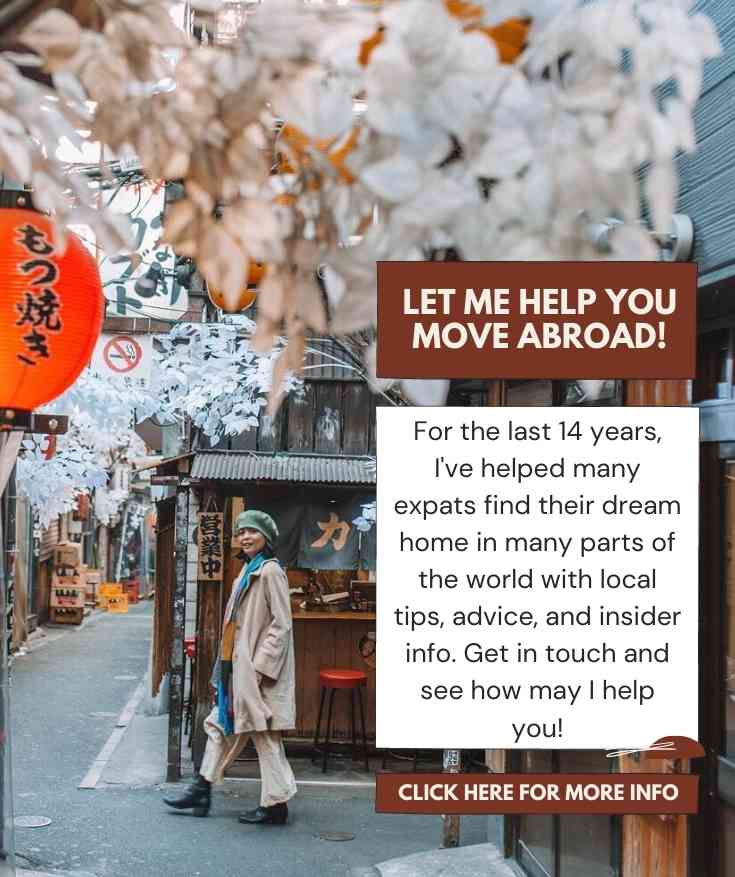
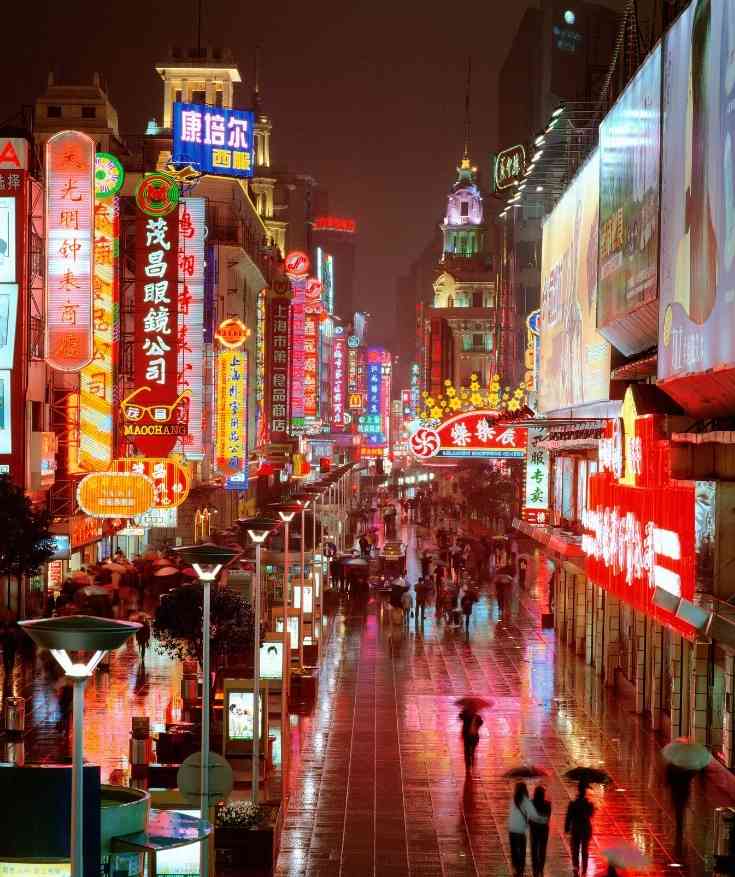
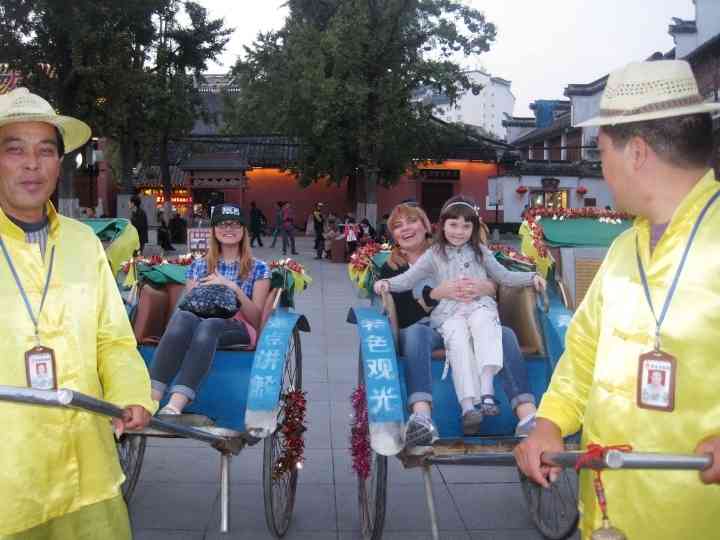

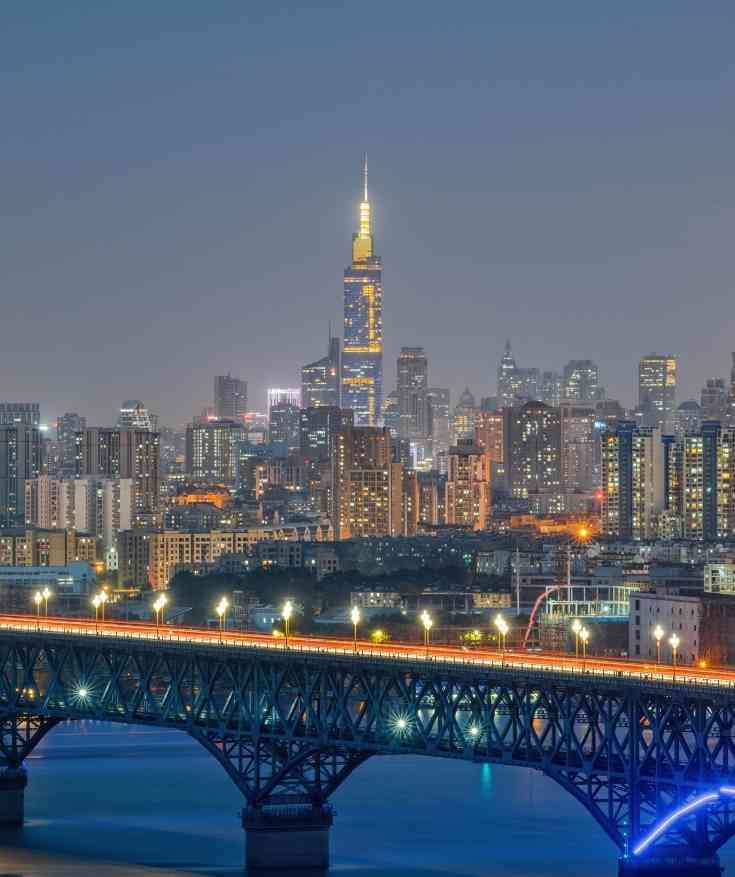
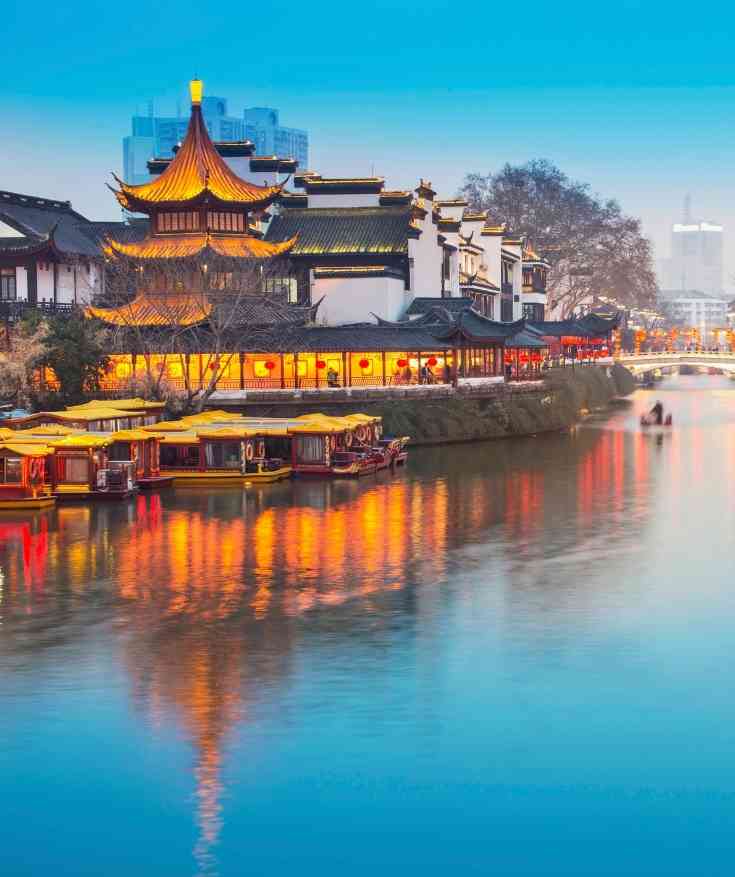
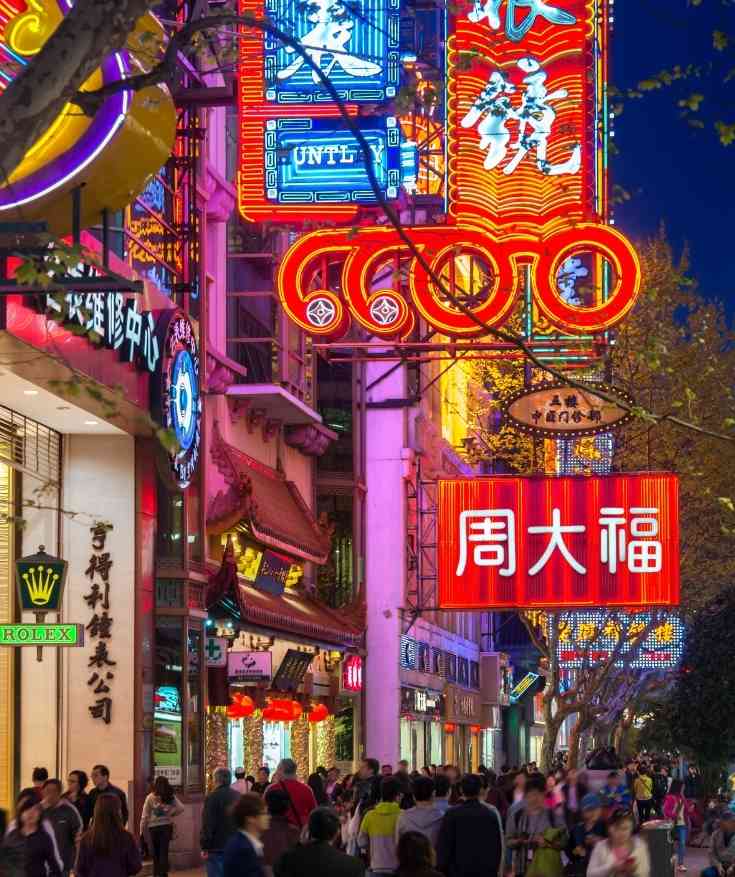

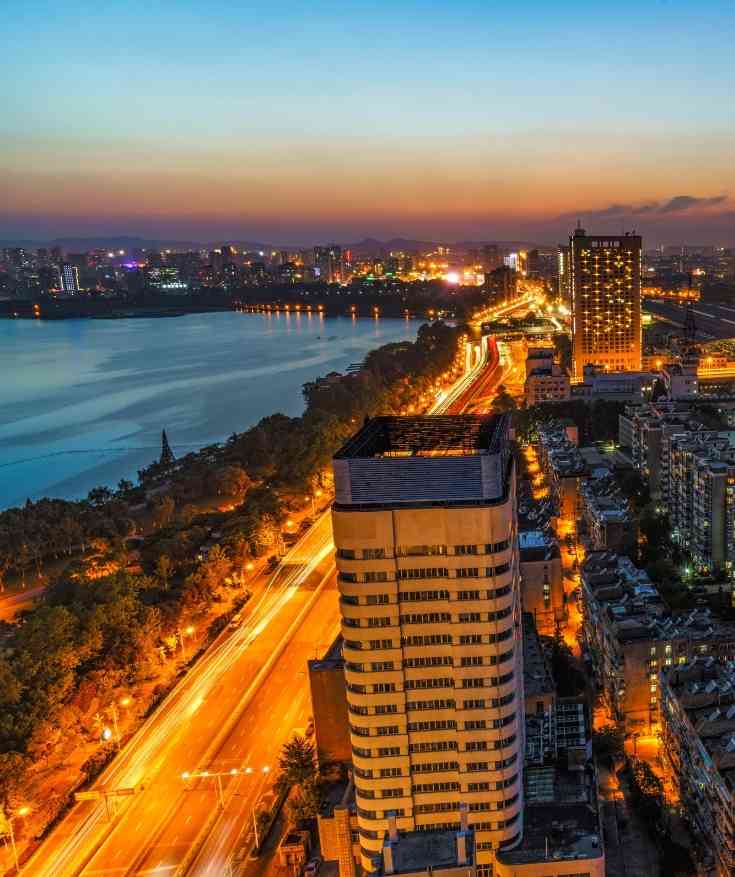
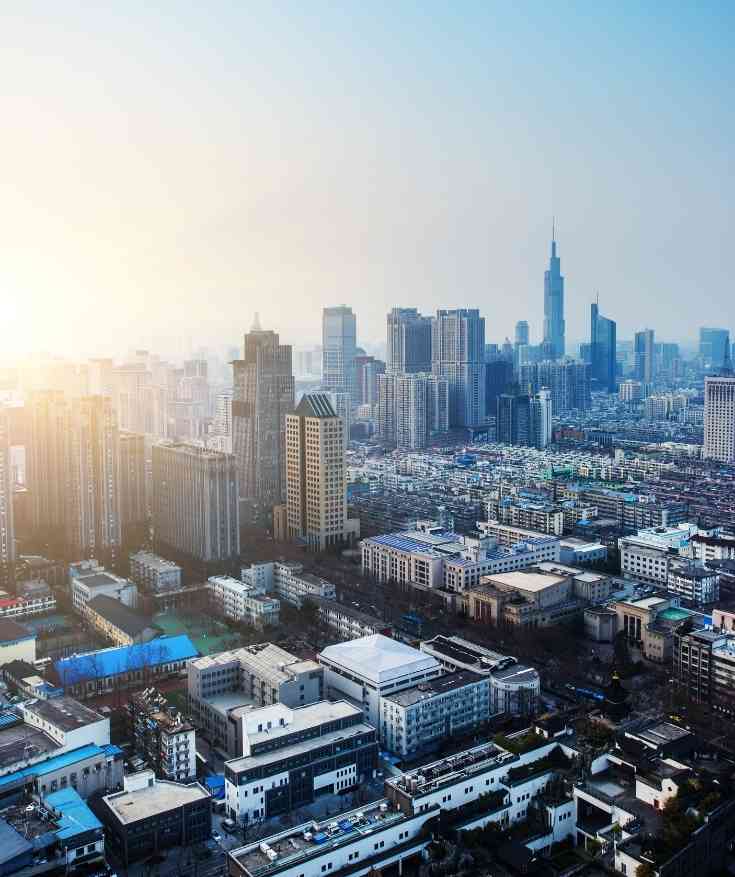
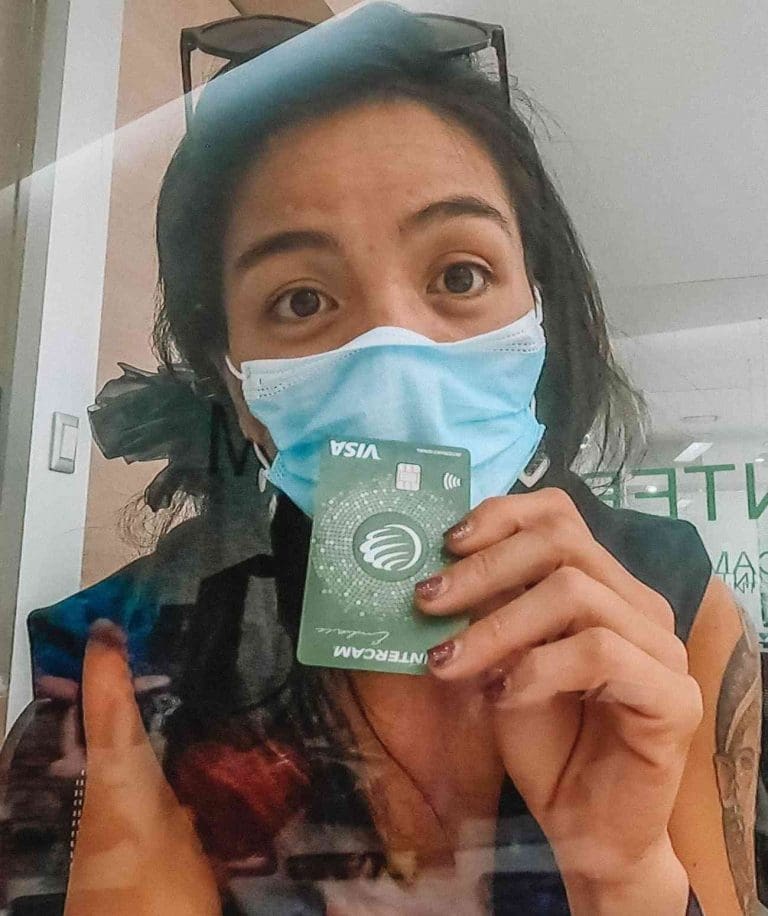

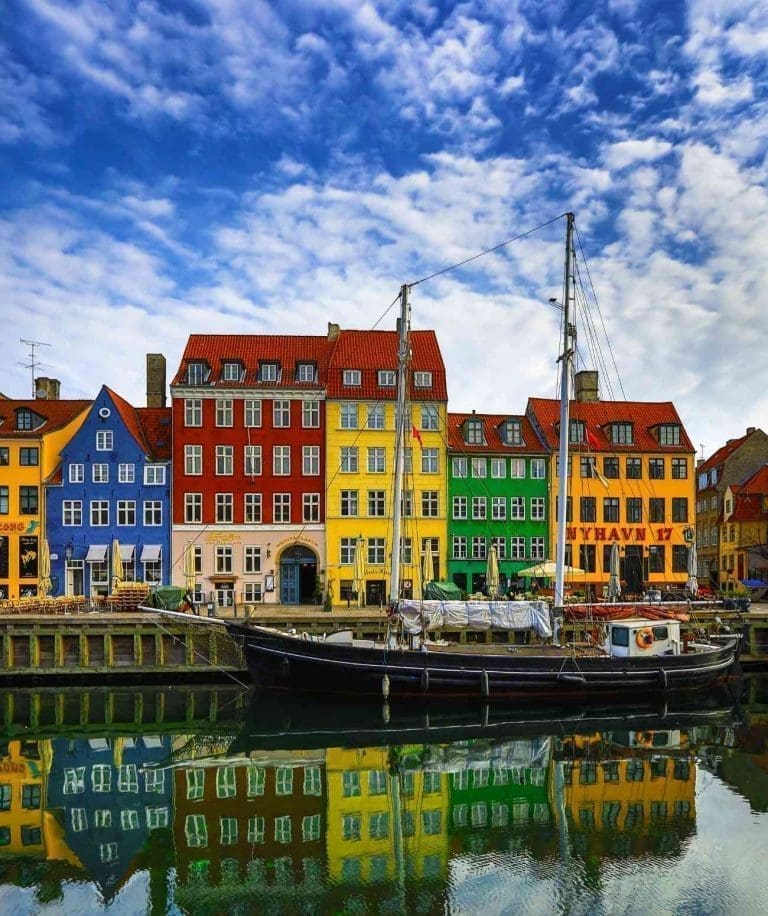

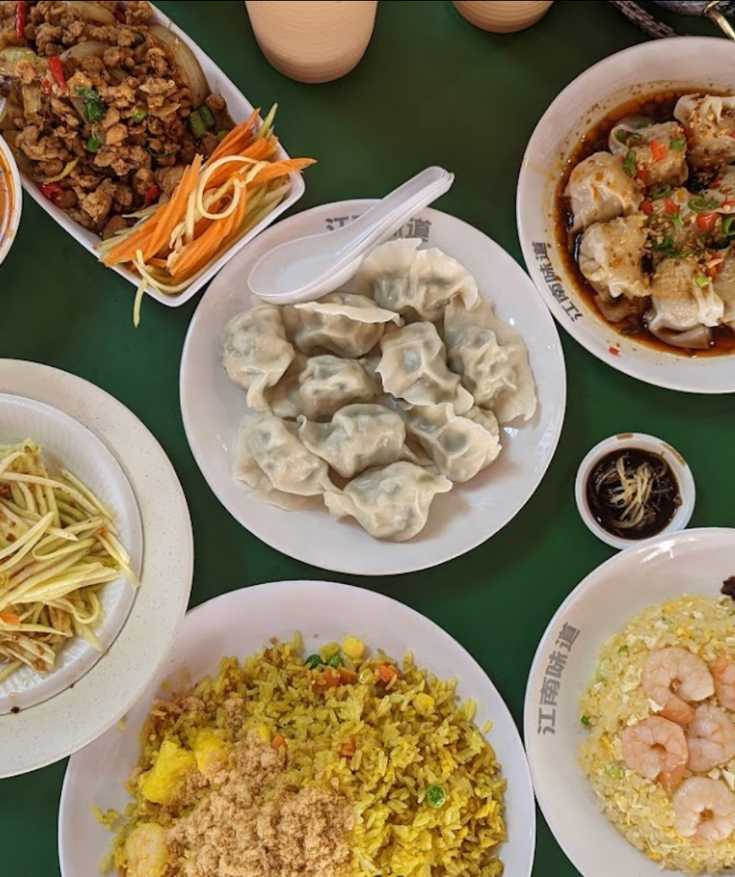

Anna, thank you for your August 23, 2020 article on your life in Nanjing as an expat. So much good information! I married a Chinese citizen in 2017 and have been fortunate to visit Beijing of course and Wuhan where my wife’s family and business center, but also Xian with its terra cotta army and Kunming with a fascinating trek to Dali and right up to the Nepal border lands through Shangri La! I was able to receive a ten-year visa but only for short-term visits. I wondered if you could refer me to more info about life as an expat husband, wishing perhaps to retire permanently to live in Wuhan?
“…China puts severe restrictions on foreigners entering the country, making it almost impossible to stay long-term for lots of foreigners. Not to mention the number of deportations.” – That would be some point from which our Western countries could learn, don’t you think so?